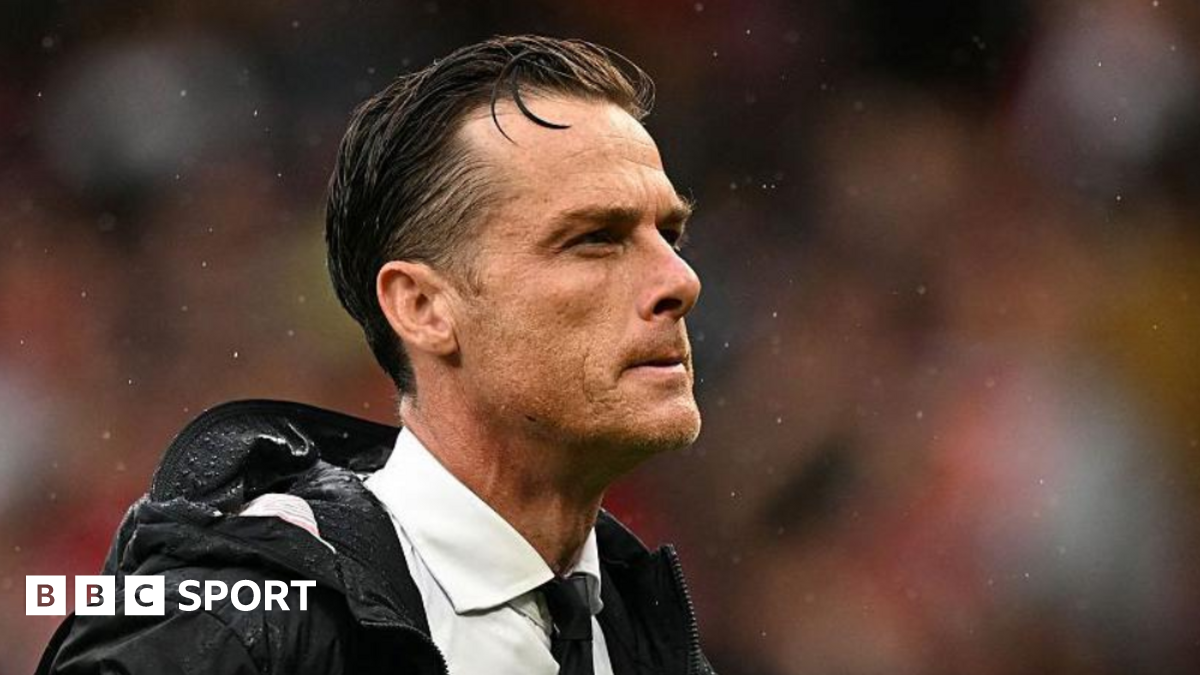The Most Sterile Game There Is: VAR Chaos Dominates Premier League Weekend
Another explosive Premier League weekend saw VAR controversies hijack headlines, with Burnley manager Scott Parker branding modern football the most sterile game there is after a disputed penalty decision sealed Manchester United’s 3-2 victory. The incident at Old Trafford exemplified a day where technology, not talent, dictated narratives – leaving players, managers, and fans questioning the soul of the sport.
VAR Drama at Old Trafford: A Match Defined by Millimeter Margins
Burnley’s valiant comeback seemed complete when Jaidon Anthony equalized in the 66th minute, only for the winger to become the villain deep into stoppage time. Anthony’s tussle with Amad Diallo began outside the box but spilled into the penalty area, prompting referee Sam Barrott to initially wave play on. VAR official Stuart Attwell intervened, sending Barrott to the pitchside monitor. After four agonizing minutes of review, a penalty was awarded – converted coolly by Bruno Fernandes to break Burnley’s hearts.
On the field, the referee didn’t give the foul. Then we’ve re-reffed it by someone 200 miles away, fumed Parker. His frustration deepened by Lyle Foster’s disallowed 58th-minute goal, overturned by semi-automated offside technology showing Foster’s arm marginally ahead of Diogo Dalot. We’re months away from not celebrating goals at all, Parker lamented. You score, then run through a mental checklist: Was it offside? Did someone breathe on a defender three phases earlier?
London Derby VAR Meltdown: Fulham’s Double Disillusionment
Earlier at Stamford Bridge, Fulham’s 2-0 defeat to Chelsea hinged on two hotly disputed VAR calls. Teenager Josh King thought he’d scored his first Premier League goal in the 21st minute, slicing through Chelsea’s defense before slotting past Robert Sanchez. But Rodrigo Muniz was adjudged to have stepped on Trevoh Chalobah’s foot in the build-up – a careless challenge spotted by VAR official Michael Salisbury.
Categorically not a foul, argued ex-Fulham midfielder Danny Murphy on BBC Sport. Muniz was shielding the ball – there was no intent to challenge. These accidental contacts shouldn’t erase brilliant goals. Fulham’s misery compounded when Ryan Sessegnon conceded a penalty for handball early in the second half, despite replays suggesting his arm was pinned against his body.
The Growing Catalog of Controversy
These incidents aren’t isolated. Liverpool’s opening-day win over Bournemouth saw Marco Senesi escape punishment for an apparent deliberate handball, while Crystal Palace’s Eberechi Eze had a sublime free-kick chalked off because teammate Marc Guehi stood marginally too close to Chelsea’s wall. Last weekend, Fulham felt aggrieved when Leny Yoro’s shove on Calvin Bassey went unexamined before Manchester United’s opener.
The game’s becoming unwatchable, former Premier League defender Stephen Warnock declared. We’re forensically dissecting every goal, losing spontaneity and joy. When do we acknowledge VAR is taking more than it gives?
Reforming the System: Could Ex-Players Save VAR?
Amid mounting disillusionment, calls grow for structural changes. Warnock advocates incorporating ex-players into VAR teams: Referees know the laws, but former professionals understand intent – when a striker buys a foul versus when contact is incidental. We need that nuance.
Steph Houghton, however, offered measured support for the penalty call against Burnley: Amad provoked the error. But managers aren’t wrong – the constant delays sterilize passion.
Conclusion: Football’s Existional VAR Crossroads
Three matchdays into the season, VAR remains football’s relentless paradox: a tool designed to eliminate injustice now fuels it. The technology’s rigidity – punishing millimeter offsides and accidental brushes – conflicts with football’s chaotic beauty. As Parker’s sterile game warning reverberates, the Premier League faces a pivotal choice: recalibrate VAR to preserve the sport’s soul, or accept that controversy will overshadow competition all season long.
